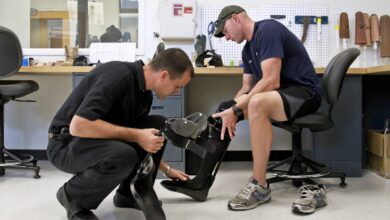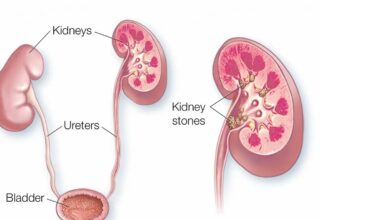Nutritional Strategies For Long Training

What is essential is not to leave hydration aside, as we lose a lot of water with sweat and our muscles need water to stay active. When we feel thirsty, we are already in a dehydration process, and often, we cannot recover 100% of that loss, so hydration must be carried out during the race.
Insufficient replacement of water and electrolytes, can have unpleasant consequences, including a decrease in muscle strength, an increased risk of cramps and hyperthermia, and, consequently, a drop in performance. Carbohydrates are essential before, during, and after activity to keep blood glucose stable.
Food sources (fruits, energy bars, bread with jam) or supplements (powdered carbohydrates, gels, gummy candies, ProGlycosyn) are part of the nutritional recommendations during training sessions or competitions longer than 60 minutes.
Pre-Workout Food
If you are going to eat for about an hour beforehand, opt for combinations of carbohydrates with protein/healthy fats to favor digestion gradually.
If you are going to eat something or take supplements from snac for example about 20 minutes before training, choose fast-absorbing carbohydrates. Avoid protein, fat, and fiber sources
- Coconut Water
- whole grape juice
- Fruits/ Fruit juice/ smoothies
- waxy maize
- gel carbohydrates
- Isotonic
Food During Training
If the duration of the training is less than an hour, the important thing at that moment is to stay well hydrated. If the duration of the workouts is longer than one hour, it is necessary to maintain hydration and supplement around 30 to 60g of carbohydrates per hour, depending on the intensity of the exercise.
The Importance Of Nutrition In Sports Practice
“The athlete’s nutritional status can significantly impact their performance. It is common to observe an entire training plan being harmed by inadequate nutrition.” In this sentence, Professor Dr. Ludwig Prokop, head of the Austrian Institute of Sports Medicine, dealt in one of his numerous publications with a fundamental concept that involves sports performance and how athletes relate to food.
Several factors surround sports performance; among them, the athlete’s nutritional status is fundamental in achieving maximum performance. The greater physical demand from sports practice makes nutritional adequacy necessary for macronutrients (carbohydrates, proteins, and fats), micronutrients (vitamins and minerals), and the athlete’s state of hydration.
Eating habits altered by widespread dietary radicalisms can lead to nutritional and physical damage to athletes, loss of muscle mass, loss of strength, increased susceptibility to infections and injuries, as well as overtraining, which are some of the factors related to nutritional status altered by inadequate nutrition.
All nutritional adequacy in sports goes through the analysis of the physical requirements and the characteristics of the modality practiced. Among the physical demands, the relationship between volume and intensity stands out, and for the characteristics, the moments, forms, and places of offering food/supplements that can promote nutritional balance.




